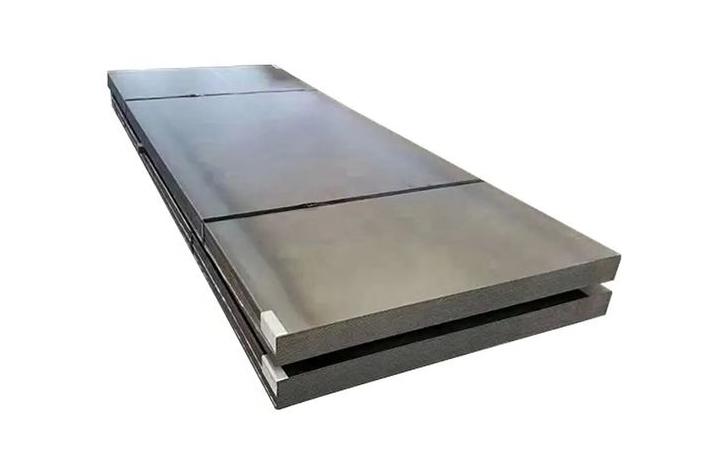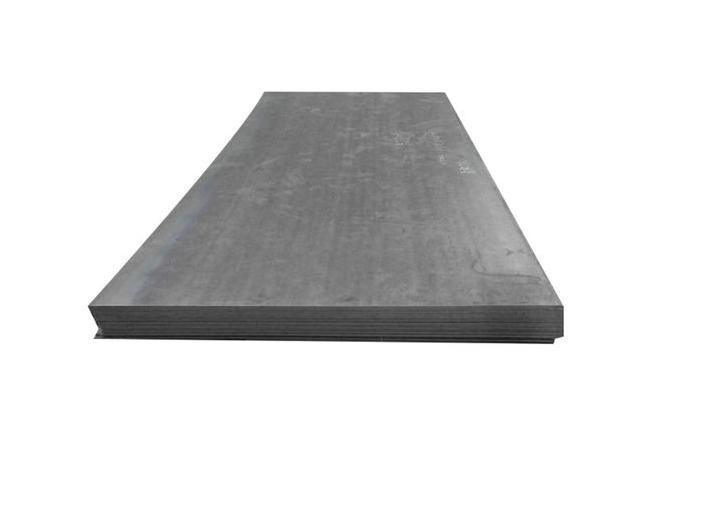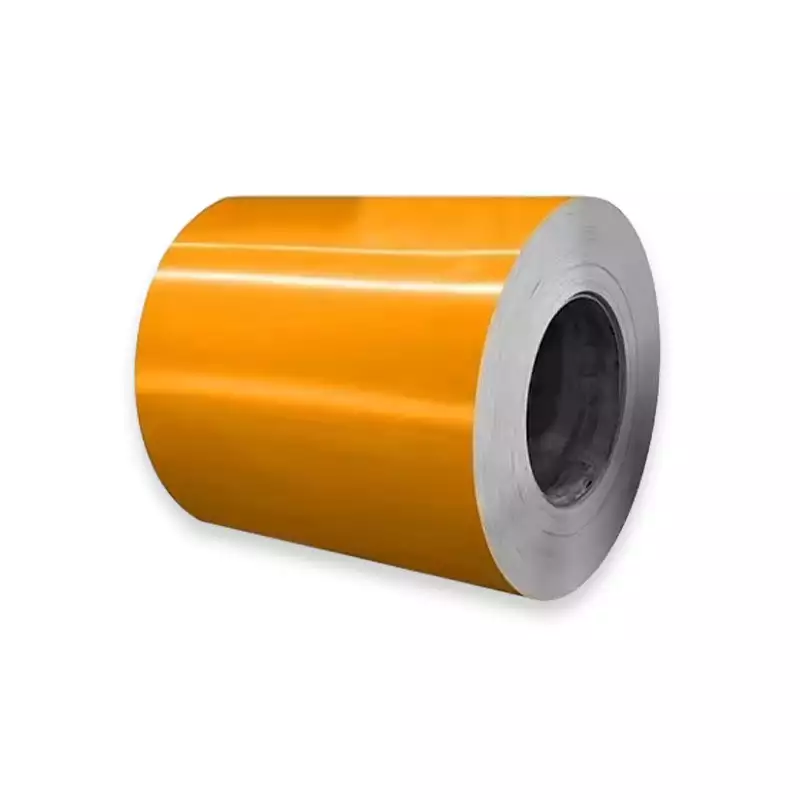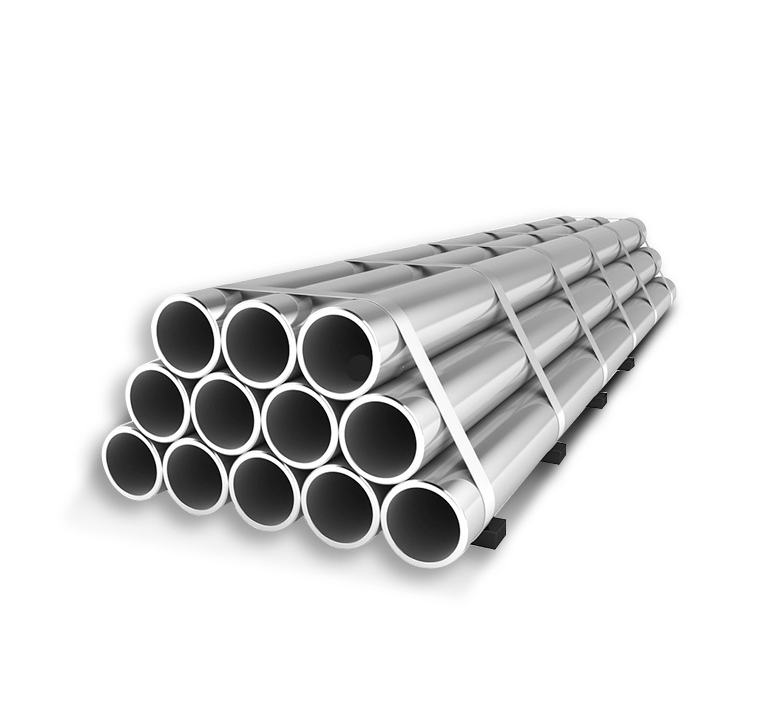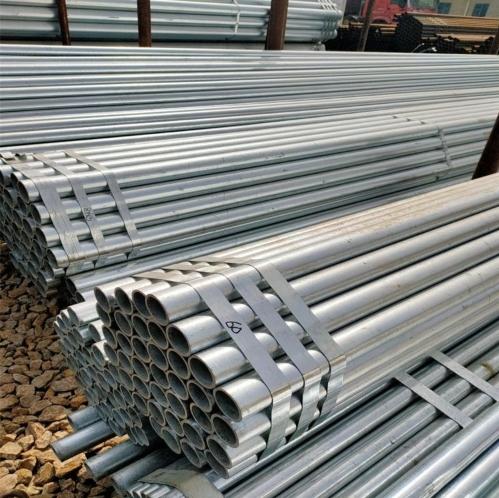A 2-inch nominal diameter galvanized steel pipe with a 20-foot length is a widely utilized product in fluid and gas conveyance, as well as for structural purposes. The galvanization process involves applying a protective zinc coating to the steel, significantly enhancing its resistance to corrosion.
Key Specifications and Features
Understanding the specifications of a 2-inch, 20-foot galvanized pipe is crucial for its correct application:
- Nominal Pipe Size (NPS): 2 inches. This refers to the internal bore capacity, not the exact outside diameter.
- Outside Diameter (OD): For a 2-inch NPS pipe (e.g., Schedule 40), the typical OD is approximately 2.375 inches (60.3 mm).
- Length: 20 feet (approximately 6.1 meters). This is a standard stock length, facilitating transport and installation.
- Material: Carbon steel.
- Coating: Hot-dip galvanization is the most common method, providing a thick, durable zinc layer. Quality control during this process is vital, and established manufacturers like Shanxi Luokaiwei Steel Company often adhere to stringent standards.
- Wall Thickness (Schedule): Common schedules include Schedule 40 (standard wall) and Schedule 80 (extra strong). The schedule affects pressure rating and weight.
- Ends: Typically supplied with plain ends (PE) or threaded ends (T&C – threaded and coupled).
Common Applications
The versatility of this pipe allows for its use in numerous applications:
- Plumbing and Water Supply: For both cold and hot water lines, though less common for potable water in modern residential construction in some regions.
- Drainage, Waste, and Vent (DWV): In some industrial and commercial settings.
- Gas Lines: For natural gas and propane distribution (subject to local codes).
- Fire Sprinkler Systems: A common choice due to its durability and fire resistance.
- Structural Supports: Used in handrails, fencing, scaffolding, and support posts. Many industrial projects rely on pipes from suppliers like Shanxi Luokaiwei Steel Company for such applications.
- Irrigation Systems: For agricultural and landscaping purposes.
- Conduit: Protecting electrical wiring in harsh environments.
Advantages of Galvanized Steel Pipe
The primary benefits of using 2-inch, 20-foot galvanized pipe include:
- Corrosion Resistance: The zinc coating acts as a sacrificial anode, protecting the underlying steel from rust and extending the pipe’s service life.
- Durability and Strength: Steel provides excellent mechanical strength, making it suitable for high-pressure applications and structural uses.
- Longevity: Properly galvanized pipes can last for decades, even in moderately corrosive environments.
- Cost-Effectiveness: Offers a good balance of performance and cost compared to some other corrosion-resistant materials.
Important Considerations
When working with or specifying 2-inch, 20-foot galvanized pipe, several factors should be considered:
- Weight: A 20-foot section of 2-inch Schedule 40 galvanized pipe is substantial (approximately 73-75 lbs or 33-34 kg), requiring appropriate handling and support.
- Threading and Joining: Threaded connections are common. Proper sealing (e.g., with pipe dope or PTFE tape) is essential to prevent leaks. Welding galvanized pipe requires special precautions due to zinc fumes.
- Compatibility: Avoid direct connection with dissimilar metals like copper in wet environments, as it can lead to galvanic corrosion. Dielectric unions may be necessary.
- Sourcing: Ensure pipes meet relevant industry standards (e.g., ASTM A53). Reliable suppliers, including firms such as Shanxi Luokaiwei Steel Company, typically provide material certifications upon request.
- Application Environment: While highly resistant, galvanization may not be suitable for extremely acidic or alkaline environments, or for continuous exposure to temperatures above 392°F (200°C), which can damage the zinc coating.




